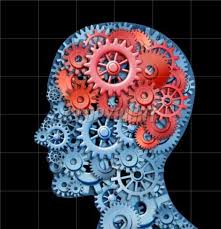NewDay Counseling
If you have a problem with alcohol or some other drug, call a NewDay counselor at 912.201.3605 * 401 Mall Blvd, Ste 101 D, Savannah, Ga * Free Phone Consultations
Substance Abuse and Addiction

Although most people use the terms interchangeably or use the term substance abuse in lieu of addiction, for clinical purposes there’s a distinction between substance abuse and addiction. Here are a couple of working definitions for clarity from National Institute of Drug Abuse:
People use substances for a variety of reasons. It becomes drug abuse when people use illegal drugs or use legal drugs inappropriately. This includes the repeated use of drugs to produce pleasure, alleviate stress, and/or alter or avoid reality. It also includes using prescription drugs in ways other than prescribed or using someone else’s prescription.
Addiction occurs when a person cannot control the impulse to use drugs even when there are negative consequences—the defining characteristic of addiction. These behavioral changes are also accompanied by changes in brain functioning, especially in the brain’s natural inhibition and reward centers.
Of course, the issue is more complex. Some people speak of dependence and confuse it with addiction, but anyone can take some types of drugs long enough to become physically dependent, such as someone taking opiates for pain management. Addiction is dependence plus tolerance and psychological and behavioral factors that create out-of control use. But even this is misleading — the person addicted doesn’t necessarily lose control every time they drink or use drugs, they just can’t tell when they’ll lose control and when they won’t. An alcoholic might have three drinks one night and go home, while the next night with the same intentions drink until thoroughly intoxicated.

Someone who abuses alcohol or other drugs, such as a young person going to college and reacting poorly to freedom, might go through a substance abuse period then moderate later on. It’s sometimes difficult for clinicians to distinguish between substance abuse and early stages of addiction, but there are screening methods used during assessments that are pretty accurate. Enough signs and symptoms help distinguish between abuse and early addiction.
If you or someone you know has a problem and needs an assessment, call NewDay Counseling at 912-201-3605. If you don’t call us, call someone to get the information you need to make informed decisions.
Recent Comments